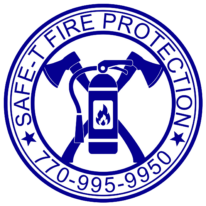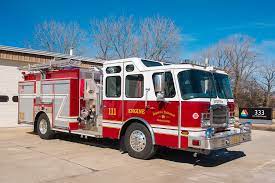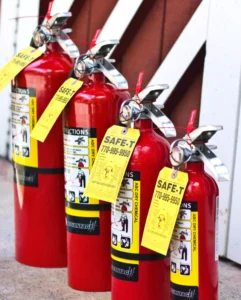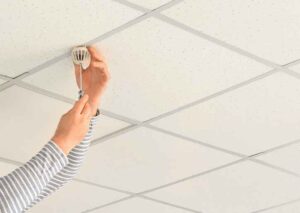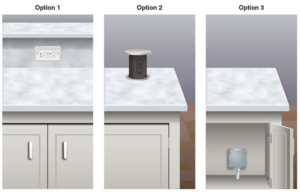Summer vacations, camping, family reunions, picnics, and the Fourth of July are all things that Americans look forward to every year. However, these great summer activities also bring the risk of fires and injuries caused by fireworks and outdoor grills. Fireworks and grill fires injure over 16,000 Americans annually. More than half of these injuries end up occurring during the month of July, the highest in the year.
Summer is a time for fun, but it’s also essential that you and your family exercise extreme caution when using fireworks, grills, and other hazardous equipment. Since 1990, Safe-T Fire Protection has been committed to raising fire safety awareness and educating families and communities to help better prevent summer fires.
How To Safely Use Fireworks
Fireworks are a traditional part of the Fourth of July celebrations in the United States. It’s always exciting seeing those beautiful lights go off into the night sky. But this can, unfortunately, be quite dangerous. In the weeks leading up to July 4, an estimated 230 people have to visit the emergency room every day due to fireworks-related injuries. The majority of these injuries typically involve people’s hands and fingers.
Safe-T Fire Protection recommends never letting children under the age of 12 use fireworks. Another recommendation we have is to follow proper safety barriers and stay at least 500 feet away from any launch location. If you’re setting off your own fireworks, use a long lighter, with your fireworks pointed away from onlookers. If you follow these safety tips, you and your loved ones won’t have to spend a night in the emergency room.
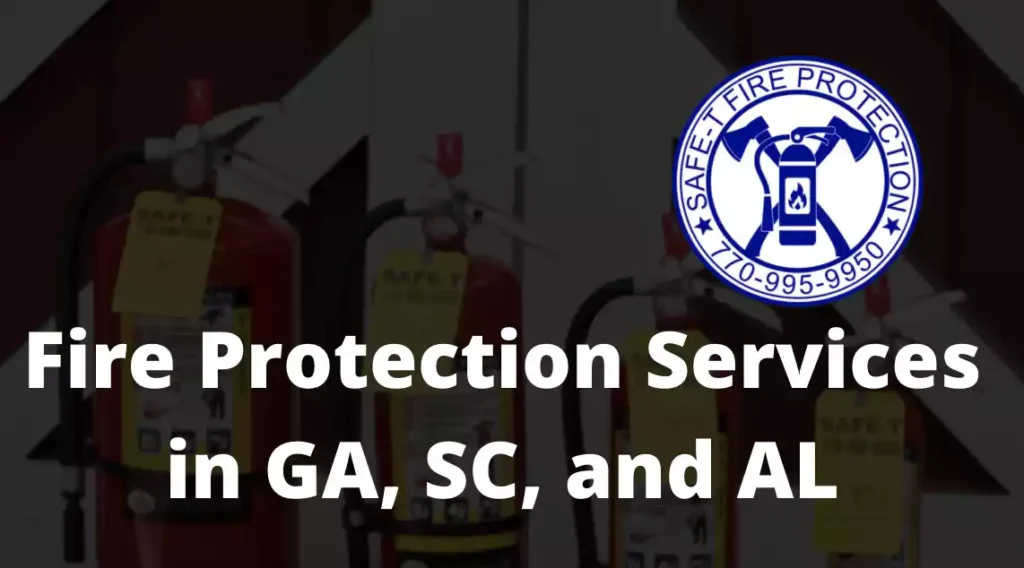
How To Safely Use Grills
Summer is the time for backyard grilling. Friends and families come together to enjoy the company of each other, with the grill running on the porch. However, outdoor grilling is also a major cause of fires. According to the USFA’s National Fire Data Center, outside cooking grills cause over 6,000 fires, over 5 fatalities, over 170 injuries, and up to $35 million in property loss each year. Gas grills alone are responsible for over 2,700 fires, 80 injuries, and $11 million in property damage annually.
When grilling, Safe-T Fire Protection recommends you keep your grill a good distance away from your home and from any overhanging branches. We recommend never leaving the grill unattended and removing any grease build-up and other debris after using it. If you have to leave the grill unattended, turn the burners off and close the hood before leaving. Hot embers can potentially be blown away by wind and onto nearby woods or grasses. If this happens, you will typically only have a couple of minutes to put the flames out before they grow and spread. We recommend having a bucket of water or a fire extinguisher close by to help put out the flames.
Fire Safety When Camping
If you’re camping in the summer months, we recommend first examining your surroundings before setting up the tent. Regardless of how experienced you are as a camper, think carefully before selecting a location for your campfire. Try to camp in areas where there is already a pre-made fire pit. If you don’t have access to such areas, we recommend building your fire in a safe location that is away from any dry grass and overhanging tree branches. Always be wary of the wind, which can blow your fire toward the rest of the forest or onto nearby sticks and twigs.
Contact Us For More Detailed Information About Fire Protection
Since 1990, Safe-T Fire Protection has been educating and protecting homes and families. We encourage you to practice fire safety so that you and your family are prepared year-round. For more information on fire safety and prevention, give us a call at (770) 995-9950.
Extra Fire Safety Tip: The first line of defense for fire prevention is to have working smoke alarms installed throughout your home. They work around the clock to provide your family with an early warning of an emergency, giving you enough time to safely escape. To keep your home and family safe, we recommend having alarms installed on every level of your home, including the basement, as well as inside and outside each bedroom. Fire extinguishers should also be installed on each level of the home, particularly in the kitchen and garage.
